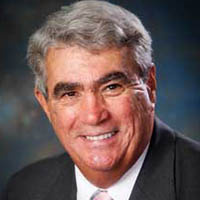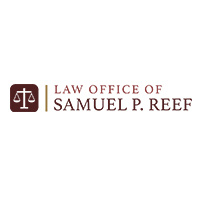Boston Criminal Lawyer, Massachusetts, page 2
Sponsored Law Firm
-
 x
x

Click For More Info:
-
Adam P. Beck, M.D., Esq.
25 Marston St Suite 303 Lawrence, MA 01841» view mapAccident & Injury Law Legal Expertise You Can Rely On
By working with lawyers who are also doctors, clients can benefit from advocates who have a deeper understanding of their physical injuries, medical needs, and prognoses.
800-383-8491
William J. Gillespie
✓ VERIFIEDIf you or someone you know needs legal expertise in these areas, you want Attorney William J. Gillespie working for you. He has been in practice since... (more)
Samuel P. Reef
✓ VERIFIEDSamuel Reef is a practicing lawyer in the state of Massachusetts. He received his J.D. from Suffolk University Law School in 1994. He currently works ... (more)
Daniel K. Gelb
✓ VERIFIEDDaniel K. Gelb is a partner at Gelb & Gelb LLP. He is a member of the bars of the Commonwealth of Massachusetts, the United States District Court for ... (more)
Brian E. Simoneau
✓ VERIFIEDIf you are facing a driver's license suspension or revocation, please contact me for a free consultation and case review. I have 20 years of experienc... (more)
FREE CONSULTATION
CONTACTFREE CONSULTATION
CONTACTAnn Hetherwick Cahill
FREE CONSULTATION
CONTACTFREE CONSULTATION
CONTACTFREE CONSULTATION
CONTACT Adam Beck Lawrence, MA
Adam Beck Lawrence, MA AboutAdam P. Beck, M.D., Esq.
AboutAdam P. Beck, M.D., Esq. Practice AreasExpertise
Practice AreasExpertise




